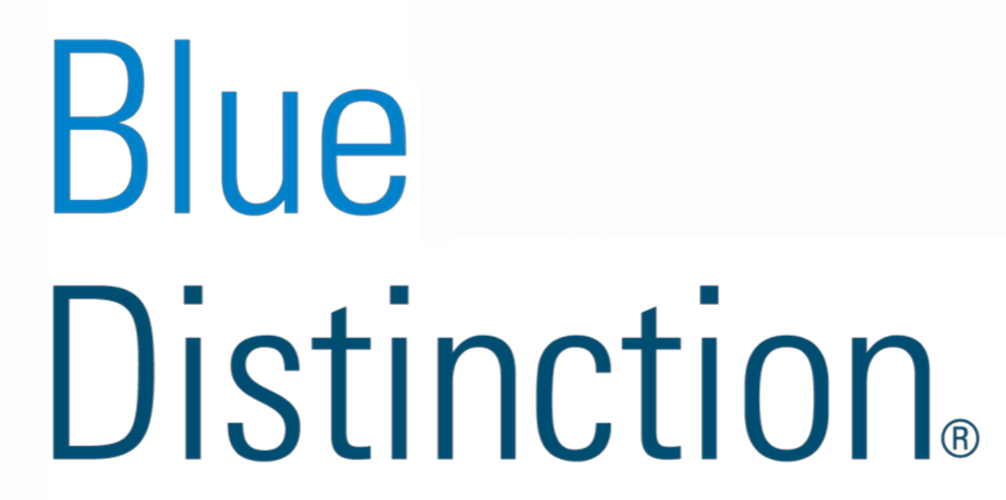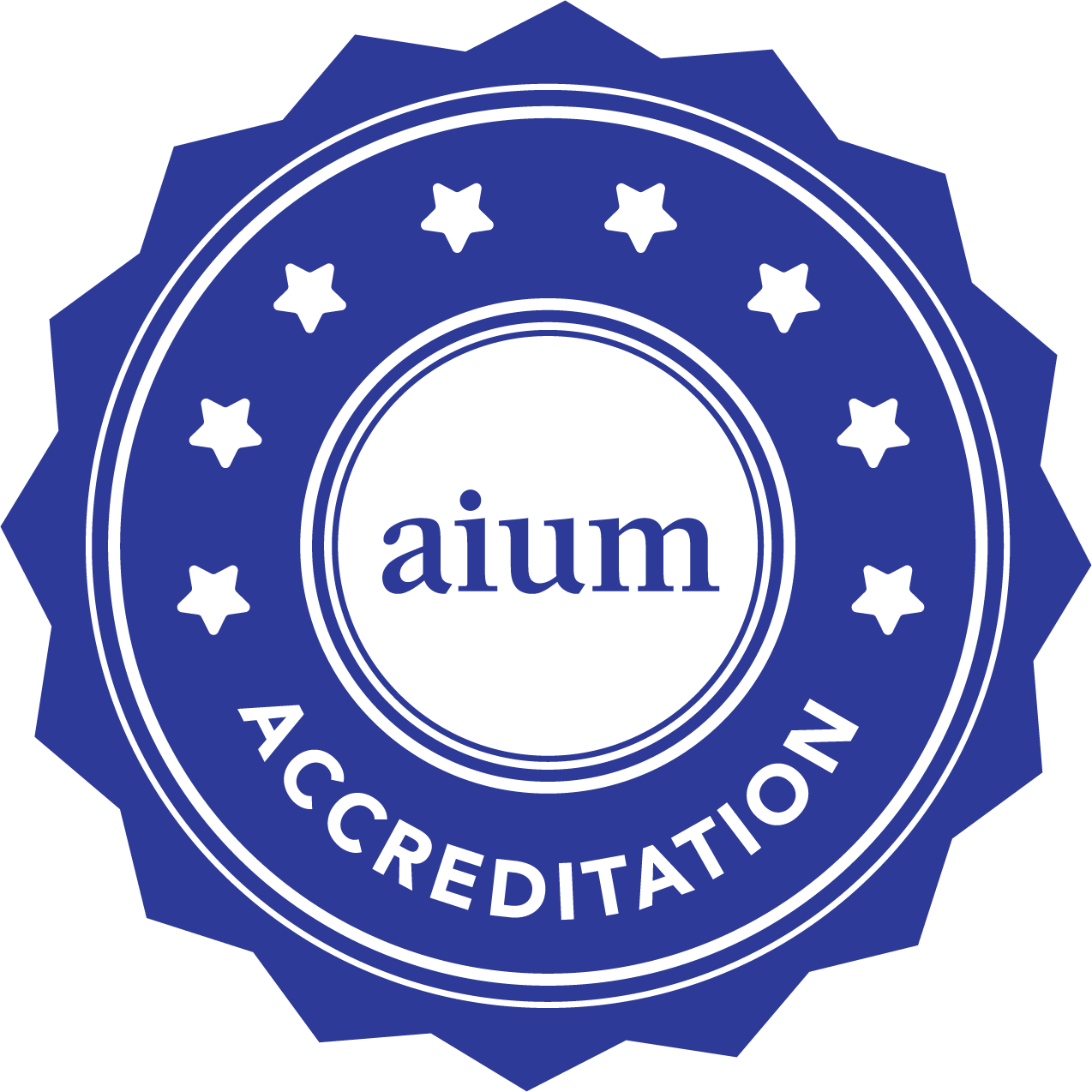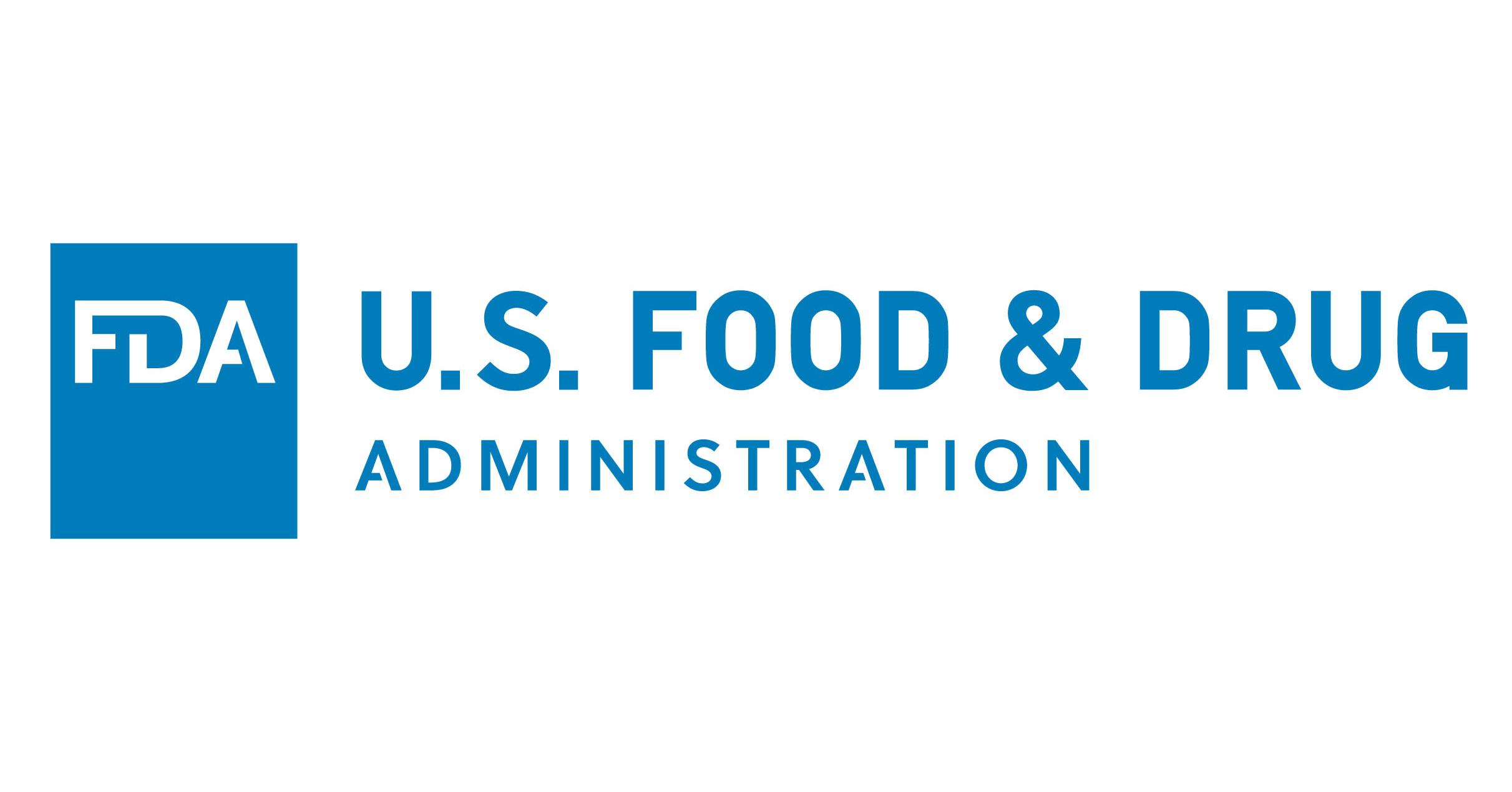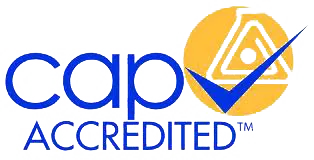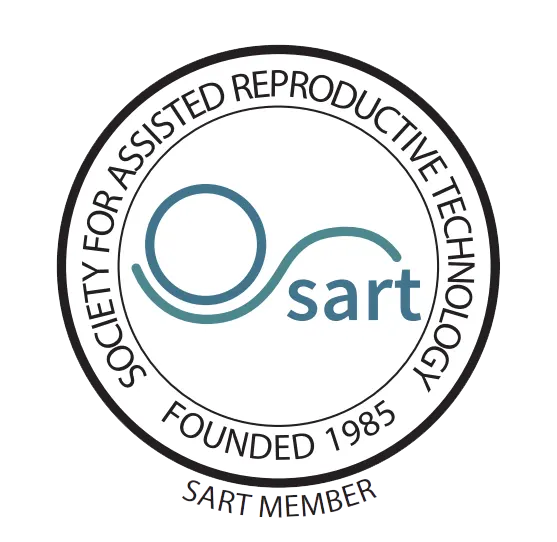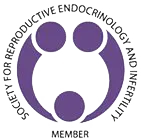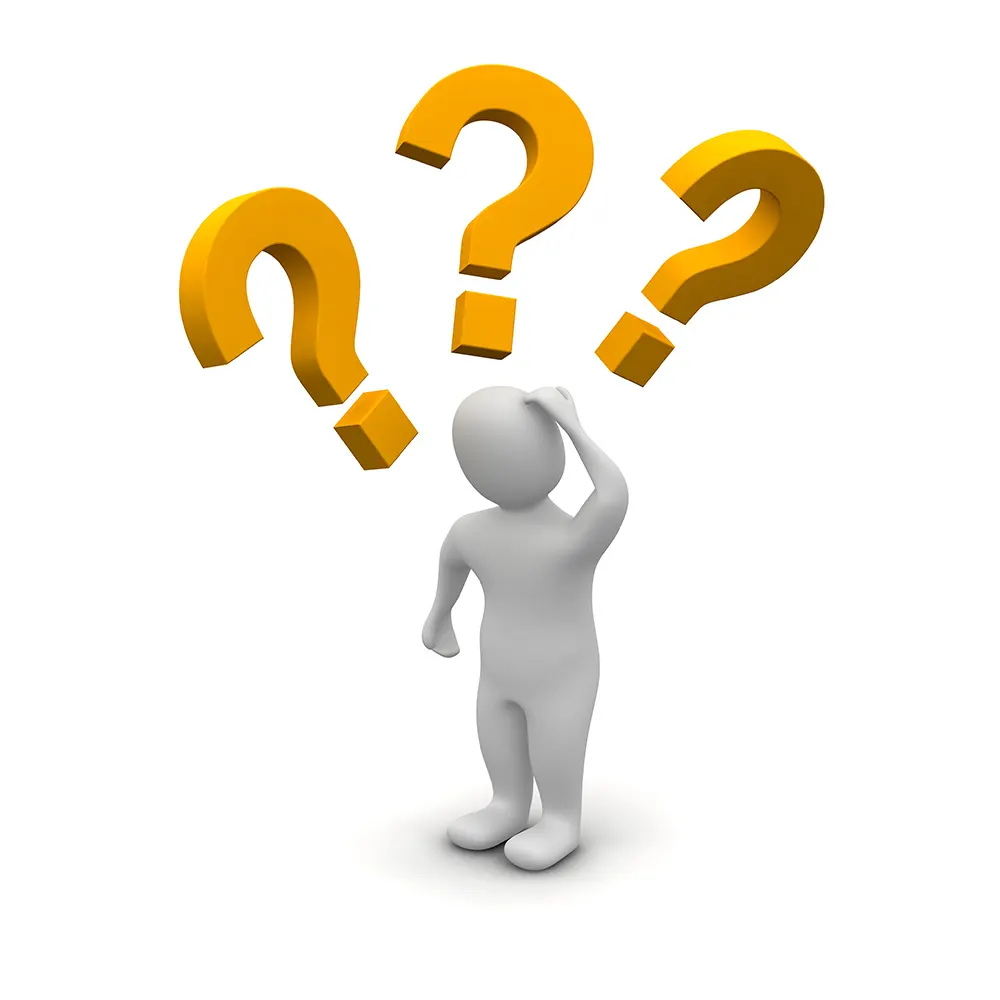
Thinking About Using a Donor?
Our successful donor egg program has been established since 1994 and is directed by H. Christina Lee, M.D., J.D. She has been a board certified reproductive endocrinologist and infertility specialist since 1991. Our 100% Refund Donor Oocyte Program has a 100% live birth rate for all couples/individuals who completed the program since it was launched in 2007. Initiating the process of having a baby through egg donation may seem complicated at first, but take comfort in knowing that our experienced physician and egg donation team will guide you step-by-step through the entire process.
Indications for Oocyte Donation
Many successful pregnancies have been achieved with the use of anonymous oocyte donors in the in-vitro fertilization program at the Family Fertility Center. Treatment of infertility using donor oocyte is indicated for the following conditions.
- To treat infertility in women with premature ovarian failure or gonadal dysgenesis. This includes women with:
- Congenital gonadal dysgenesis or absence of ovaries
- Idiopathic (unexplained) or autoimmune premature ovarian failure
- Ovaries destroyed by chemotherapy and/or radiation therapy
- Ovaries surgically removed
- To avoid transmission of a significant genetic defect with which the recipient is known to be either affected or to be a carrier, or is known to have a family history of a condition of which the carrier status cannot be detected.
- To assist in pregnancy establishment in women with declining or absent ovarian function. These women with otherwise normal fertility factors become pregnant more often and are more likely to reach full term with the use of donor oocytes.
- To assist with pregnancy establishment in individuals with persistently poor oocyte and/or embryo quality during assisted reproductive technologies.
Having a baby using a donor egg provides couples with the opportunity to experience pregnancy, childbirth, and breastfeeding, and to have a child who is genetically connected to the father. You and your partner will have control over many aspects of the process, including when to try to become pregnant and the choice of the donor.
Choosing a Donor
An important step in the egg donation process is choosing a donor. At the Family Fertility Center, we respect that the process of determining the right donor is a uniquely personal decision. Our physician and the egg donation team will assist in the decision-making process. There are two basic types of egg donors:
Known Donors
Known donors are most commonly sisters, but also can be cousins, nieces, friends, and sometimes acquaintances identified by you. Known donors must pass minimum screening criteria. They may be compensated or non-compensated depending on your agreement with them.
Recruited Anonymous Donors
Recruited donors are usually young women with excellent reproductive potential who are compensated for their time and efforts in assisting other patients in becoming pregnant. Recruited donors may be found through egg donor agencies or through the Family Fertility Center Egg Donor Program.
How are donors screened?
Family Fertility Center follows the guidelines of the American Society of Reproductive Medicine (ASRM) and the regulatory rules set by the United States Food and Drug Administration (FDA) for the screening and testing of all egg donors. Prospective donors complete a detailed questionnaire that is reviewed by our team. Our physician screens the donor’s medical history and family history for birth defects or hereditary diseases via a comprehensive family history assessment. The prospective donor also must undergo a physical exam, cultures and blood tests to rule out the presence of infectious diseases, such as HIV, Hepatitis B, Hepatitis C, Gonorrhea, and Chlamydia. In addition, our donors are tested for their blood type and are screened for ethnic specific genetic diseases such as cystic fibrosis for Caucasians, Tay Sachs disease for donors of Jewish descent, sickle cell disease for African-American donors, and certain hemoglobinopathies among specific ethnic groups.
Using a Donor from the Family Fertility Center Egg Donation Program
There are several benefits to choosing a donor from our pool. We have a highly selective comprehensive screening process. This means that you are unlikely to experience the disappointment of carefully choosing a donor from an agency, only to find out the donor is ineligible once she is medically screened. Additionally, you will have the ease and simplicity of working closely with one center for all of your needs during the egg donation cycle. Finally, using a donor from our pool is often more economical than working with an agency because there are no extra agency fees to pay.
Choosing a Donor from an Outside Agency
We work collaboratively with many outside egg donor agencies. Outside agencies recruit and partially screen donors. The agency assists couples in identifying possible donor matches from within their pool. We are happy to assist you in coordinating a donor egg cycle with a donor from an outside agency. One benefit of using an outside agency is the overall larger pool available to you. There are several agencies in the eastern Pennsylvania, Philadelphia and western New Jersey area. Couples may find donors meeting their own specific criteria more efficiently by working with an agency.
If you are interested in using a donor from an outside donor agency, we recommend that you ask the agency about their policies and procedures for recruitment and medical screening. Donors from outside agencies must have a mental health screening arranged through the agency and must meet specific criteria for eligibility, such as recent infectious disease screening before proceeding with a cycle within our Center. Once selected, the donor still must undergo an examination, including blood test, pelvic ultrasound and physical examination, performed by physicians in our office prior to cycle planning.
The Process
Consultation
A first step for prospective patients is to consult with our physician, Dr. H. Christina Lee, who will perform an evaluation and then discuss the various treatment strategies available to you. She strives to help guide you in understanding all aspects of the options available. If you decide to proceed with a donor oocyte cycle, she will discuss what is required to prepare for your cycle. She will perform a medical evaluation and, if needed, refer you to your primary care physician for further testing, and physical examination to ensure that your health would not be jeopardized by pregnancy.
Screening for the Recipient Couple
To optimize the success of a donor egg cycle, Dr. Lee will order several tests that seek to identify and correct any abnormalities that could interfere with fertilization and/or implantation. These tests include a detailed semen analysis, a saline sonogram (a test which evaluates the uterine cavity) and basic blood work evaluating blood count, blood type and thyroid function. In consideration of your overall health, we also require that you are up to date on recommended health screening, such as pap smear and mammogram (if over 40).
Though women achieve high success rates with egg donation throughout their 40s, the risks during pregnancy increase as age approaches 50. If you are 45 or greater, additional testing is recommended to ensure that you enter your pregnancy in optimal physical condition. This testing includes a screen for diabetes, an EKG and a pre-conception consultation with a perinatologist (high-risk obstetrician). In preparation for the cycle, you also will meet with a psychologist or a licensed counselor to discuss your plans for treatment with donor eggs and to review the various decisions you will face now as you go through the process and in the future once you have a child born from egg donation.
What Qualities Should I look for in a Donor?
You are encouraged to list the characteristics that you desire in a prospective donor. While there is no guarantee that a potential oocyte donor has all the characteristics desired by an oocyte recipient couple, every attempt will be made to match oocyte recipient couple and oocyte donor for physical characteristics including race, height, body build, complexion, eye color and hair colors and texture, ethnic background, family medical history, educational background and personality characteristics. Consideration will be given to blood type and Rh factor, particularly with Rh negative recipients.
To maximize the likelihood of success, we recommend you chose a donor who is under 35 years of age. Most egg donors are between the ages 21-30. Other factors related to likelihood of success are having previously carried a pregnancy to term, or having previously completed an egg donor cycle with good results. Our whole team can help you with any questions you have about the selection process.
Donor Selection
Family Fertility Center Egg Donors
If you are working with the Family Fertility Center Egg Donor Program, our egg donor coordinator will arrange a time for you to view profiles of our donor candidates. You will have access to information about the donor’s background, medical history, educational level, and family history. You also will have the option of viewing photographs of prospective donors. We will discuss with you any relevant findings from the screening process itself, including genetic screening and testing, mental health screening, infectious disease results, and physical findings.
Once you have chosen a donor, the donor coordinator will confirm with the donor candidate that she is available for donation during the time period requested. Once the donor selection process is complete, your treatment cycle with anonymous donor eggs will be arranged.
Agency Donors
If you select a donor from an outside agency, the agency will send information about the donor to our office for cycle coordination. Our team will evaluate the information and determine if the donor meets our eligibility criteria.
Synchronization
It is important for the donor and recipient to be synchronized so that the recipient’s uterine lining will be ready for implantation at the same time the donor’s eggs are retrieved and fertilized. This usually is accomplished by administration of birth control pills to synchronize the egg donor and recipient cycles. When the cycles are synchronized, the donor is instructed to take the medications to stimulate the growth and maturation of a cohort of eggs, she will be monitored by ultrasound and blood tests over the course of 10-14 days, until the eggs are ready for egg retrieval. Meanwhile, the recipient will be taking hormonal medications, specifically estrogen and progesterone, to prepare the uterine lining for implantation of the embryos.
Egg Retrieval and Embryo Transfer
Once the donor’s eggs reach the point of maturity, egg retrieval is scheduled. The recipient’s partner or sperm donor will need to provide a sperm sample on the day of the egg retrieval for insemination of the eggs. The eggs will be examined for sign of fertilization after the day of egg retrieval. Fertilized eggs will be cultured in the laboratory anywhere from 3 to 5 additional days. When the embryos reach the proper stage for transfer, the recipient will return to the clinic for transfer to the uterus. We typically recommend the transfer of one or two embryos from donor cycles. The decision regarding how many embryos to transfer will be discussed in detail with you by Dr. Lee prior to embryo transfer. The transfer of a single embryo will reduce the risk of a twin gestation. Any high quality embryos that are remaining from the cycle can be frozen and preserved for future use.
FAQs
How do I/we decide if egg donation is right for me/us?
Donor egg can be a wonderful way for couples or individuals who are unable to conceive on their own to become parents. Nevertheless, arriving at the decision to pursue egg donation can be a difficult process. Patients often come to this decision over time, after thinking hard about what becoming parents really means to them. Couples may consider other options at this time as well, including adoption or child-free living. Sometimes counseling with a psychologist or a licensed counselor may help you think through your thoughts and feelings about the varied family building options available to you.
If we choose to meet the donor, is that an option?
We are committed to creating egg donation arrangements that fit the personal needs of both donor and recipients. Some donors and recipients are interested in meeting each other and we support that process, if all parties are willing. Usually this meeting is completed without exchange of any identifying information like last names, addresses, or telephone numbers, so that anonymity of the arrangement is maintained. If desired, the meeting can be facilitated in our office. If you use a donor from an agency, the agency can also assist in arranging a meeting.
What if I have a known donor willing to donate her eggs?
The first step is to discuss your known donor with our physician at the Family Fertility Center. She will help determine if your donor is a good candidate. Known donors are usually younger than 35 years old, in good health, and have a healthy family background. You can refer your known donor to our Egg Donor Program page for Donors by clicking here.
What are the legal implications of accepting a donor egg?
Oocyte donors and recipient couples are required to execute documents that state their commitment: on the part of the donor, to give up all rearing rights and duties to any offspring, and on the part of the recipient couple, to take on all rights and duties of legal parents.
In Pennsylvania, the woman who delivers the baby is the legal mother unless a pre-birth court order has been obtained as in pre-arranged gestational carrier arrangements. Thus, for women using egg donation in order to conceive, there is no need to file any legal documents to establish the parentage of the child. Laws regarding the use of donor egg vary in different states and countries. You are strongly urged to speak with a family law attorney to further clarify your legal concerns.
How to Begin
Take time to read the information provided in Egg Donation Program for Recipient. Call us at (610) 868-8600to learn more about our Egg Donation Program. We will discuss the program with you and set up an initial consultation with our team.
- Before your first appointment, download all four of the following forms.
- Read, complete and sign all four forms
- Bring these four forms to your first visit.
- Obtain all your past medical records and bring them to your first visit.
- During this first appointment, our physician will take a detailed medical history, review all your past infertility testing and treatment and where necessary a pelvic ultrasound.
- After the preliminary consult, you will be advised if IVF with donor eggs is a viable option to you or if more information may be needed.
- The entire process of treatment using donor eggs will be fully discussed.
- Our financial counselor will discuss the finance and insurance aspects of the treatment using donor eggs, including our successful 100% Refund Donor Oocyte Program.
Schedule a Consultation
Contact Us
If you are experiencing a medical emergency, call 911 or go to the nearest emergency room.
We understand you may have a lot of questions. Additionally, each couple or individual has a unique set of circumstances. To this end, the best way to get answers for your situation is a face-to-face consultation with our physician.
Schedule a Consultation
Contact Us
If you are experiencing a medical emergency, call 911 or go to the nearest emergency room.
We understand you may have a lot of questions. Additionally, each couple or individual has a unique set of circumstances. To this end, the best way to get answers for your situation is a face-to-face consultation with our physician.




